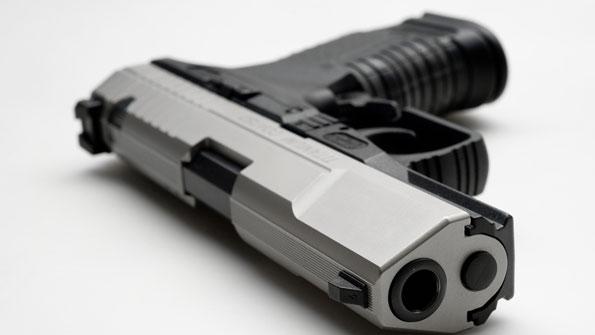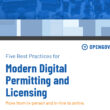New Illinois law targets gangs
Illinois Gov. Pat Quinn signed a new law giving local authorities the power to go after street gangs as criminal organizations, a move largely aimed at reducing crime in Chicago, according to The Associated Press (AP). Gun violence, much of it gang-related, has soared in Chicago, including a recent weekend when eight people were killed and at least 40 wounded.
The Illinois law is based on the federal Racketeer Influenced and Corrupt Organizations Act (RICO), which treats acts committed by members of a group as part of a criminal enterprise. Federal authorities have used the RICO statute to prosecute dozens of members of large criminal organizations, like the Mafia.
The Illinois Street Gang RICO Act has a similar goal — to break up the gangs. It allows prosecutors to connect single crimes to the larger group, including prosecuting gang leaders for crimes they order others to carry out. The law provides stiffer penalties for dozens of crimes, including murder for hire, kidnapping and sex trafficking. “We want to go after these mobsters and gangsters who are killing people and hurting the public safety of our state,” Quinn said.
The measure was pushed by Chicago authorities, including Cook County State’s Attorney Anita Alvarez and Chicago Police Superintendent Garry McCarthy. Alvarez said her office has created a new unit to handle cases under the local RICO act.
Homicides in Chicago have peaked, with the city reporting 203 homicides through late May. That is a 51 percent increase from the same time period last year when the city recorded 134 homicides.
Seventy-five to 80 percent of the shootings and homicides in Chicago are gang-related, McCarthy said. He estimated that the city has 100,000 gang members.
The Illinois RICO law takes effect immediately and expires in five years, when state lawmakers will assess its effects. Thirty-one other states have similar racketeering statutes.




















